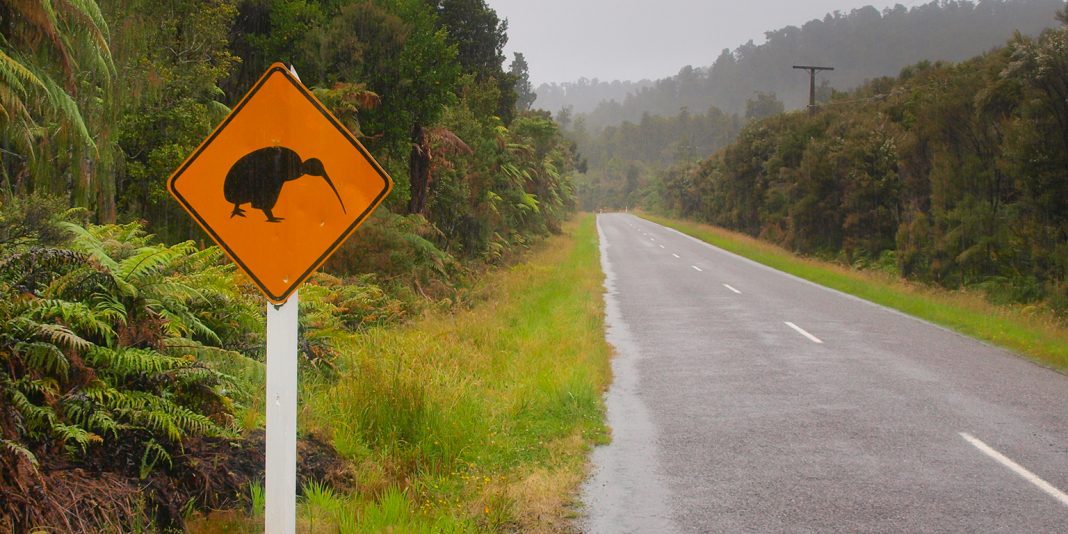“Of course I do feel bad for them, but I think ‘oh back home there is more than 100,000 of them’… and it’s always that way.”
Gesmundo is president of the Filipino Nurses Association of New Zealand, which was formed in 2015 to help unify Kiwi Filipino nurses and now has 200-plus formal members and 1,400 informal (screened via social media) members. The association also advises nurses looking to come here about how to avoid unscrupulous recruitment immigration practices.
Now a lecturer at Massey University, Gesmundo was directly recruited from the Philippines by Counties Manukau District Health Board and left a job as a lecturer for her alma mater, the University of Philippines’ College of Nursing, to come to New Zealand in late 2009. She underwent a CAP course before starting work at Middlemore Hospital where she worked in a high-risk post-partum ward and briefly in neonatal intensive care before coming a clinical nurse specialist in infection prevention and control – a role she held until completing her MNurs (Hons) degree last year and moving to her current job at Massey’s Albany campus.
She and fellow Philippines-trained nurse and AUT lecturer Dr Jed Montayre are very aware that not all Filipino nurses follow the advice on the Nursing Council of New Zealand’s website to wait until their registration application is approved and they have a place on a CAP course before coming to New Zealand.
Instead some are enticed by ambiguous advertisements and unscrupulous migration agents back in the Philippines (including some who are New Zealand citizens) to come here on a student visa to take, for instance, a healthcare management course and work as a caregiver. Some come with the false hope – even if they haven’t had the required two years’ nursing experience – that their New Zealand experience will help them win Nursing Council registration. But – particularly if they arrive with less than two years experience as a registered nurse – they find it does not and things aren’t as rosy as they were told.
Desperation to get a job and get out of the Philippines – where there are tens of thousands of nursing graduates not nursing – means some do come without any nursing experience, says Gesmundo. Some of them – despite the barriers – still hold hopes they will get registration but others come ready to start again with Gesmundo aware of Filipino nurses coming to New Zealand to study short courses in IT and even graphic design.
“One of the driving forces is, of course, that they [migrating nurses] are young and adventurous, but at the same time they do know they are not going to be employed in a nursing job in the Philippines in the next few years, unless they know a politician or someone in authority who can help them get a job,” says Gesmundo.
So, she says, some also weigh up trying to maintain their status as a registered nurse versus getting a non-nursing job with lower pay (such as being a healthcare assistant), which satisfies their economic needs, for the moment at least.
Montayre, joint winner of last year’s NZNO Young Nurse of the Year award, is a poster boy for following the right way to migrate to New Zealand but has much empathy for those Filipino nurses whose stories don’t end anywhere near as well as his own.
He applied for New Zealand registration from the Philippines in 2009 and arrived in 2011 after gaining a place on a CAP course. After registration his nursing career began in residential aged care in the deep south of New Zealand – Invercargill – before moving on to a public hospital job at Southland Hospital, a teaching position at Southern Institute of Technology and then, after completing his doctorate, took up his current lecturer position at the Auckland University of Technology in 2015.
Montayre says some Filipino nurses arriving on student visas having invested 500,000 to 1,000,000 pesos on airfares, agent fees and course costs (a fortune in the Philippines when a starting nurses salary can be as low as 144,000 peso a year) and some end up trapped here.
“People don’t believe friends [already in New Zealand] who try and warn them off,” says Montayre. “They don’t believe it until they actually experience it.”
Montayre says he hears some tragic stories. Some families sell properties to finance their relative’s four year nursing degrees and then spend even more money on a further qualification in New Zealand in the hope it will keep alive the dream of them getting a high paid, nursing job overseas. Instead, having failed to get nursing experience in the Philippines, they can end up working as caregivers or health care assistants in the aged care sector in New Zealand. Or their visas run out and they have to go home unregistered and in debt
He says it is the nurses’ choice to come to New Zealand before their registration applications are approved. “But how they [some Filipino migration agents] advertise is really, really concerning,” says Montayre. “They give false hopes to people.”
Gesmundo says she knows of a couple of senior Filipino nurses who had been working in the Middle East who felt duped by a migration agent into paying for a healthcare management course in New Zealand. They were not aware until after they arrived that they would have been eligible to apply directly for registration and gone straight to a CAP course.
Both Gesmundo and Montayre advise people considering migration to go first to the Nursing Council website but not all get or are given this message back in the Philippines. The result can be senior, experienced nurses with four year degrees and postgraduate qualifications working as caregivers.
Gesmundo is looking into the experience of Philippine nurses working in aged care facilities for her PhD. Gesmundo and Montayre are also currently surveying Filipino HCAs working in aged care facilities to find out more about their situations. More information is available at the association’s Facebook page: www.facebook.com/FNANZInc.
Resources for more information
Nursing Council of New Zealand
Information on requirements for internationally-qualified nurses applying for New Zealand registration. Plus downloadable guides for migrants and employers of migrants in Aged Care.
http://www.nursingcouncil.org.nz/Nurses/International-registration
Immigration New Zealand
Information on criteria and requirements for applying for work or residency visas for New Zealand
www.immigration.govt.nz/new-zealand-visas
Filipino Nurses Association of New Zealand
A non-profit organisation formed in 2015 to support Filipino nurses in New Zealand.
Website: http://fnanewzealand.wixsite.com/fnanz
Facebook: www.facebook.com/FNANZInc.
NZ registration requirements for overseas nurses
Each application assessed on an individual basis. Applicants:
- Must complete an English Language Assessment (ELA) and meet the required standards before applying for NZ registration
- Must have completed a recognised nursing qualification equivalent to New Zealand nursing degree (level 7 on NZQF and fulltime study for minimum of three years)
- Must have current registration in own country
- Must have completed 2 years post-registration experience within the past five years.
- Must be competent to practice – Nursing Council can require applicants to complete a 6-8 week competence assessment programme (CAP). The CAP must be completed within 24 months of Nursing Council notifying applicant and Council advises nurses to secure place on CAP before making plans to come to New Zealand.
NB: Philippine nurses asked by the Nursing Council to complete a CAP course can enter New Zealand under an “Occupational Registration Visitor Visa” that gives them up to three months to complete their CAP programme. If the nurse has a job offer from a DHB they can apply for a ‘Specific Purpose Work Visa’ to allow them to complete the course.





















